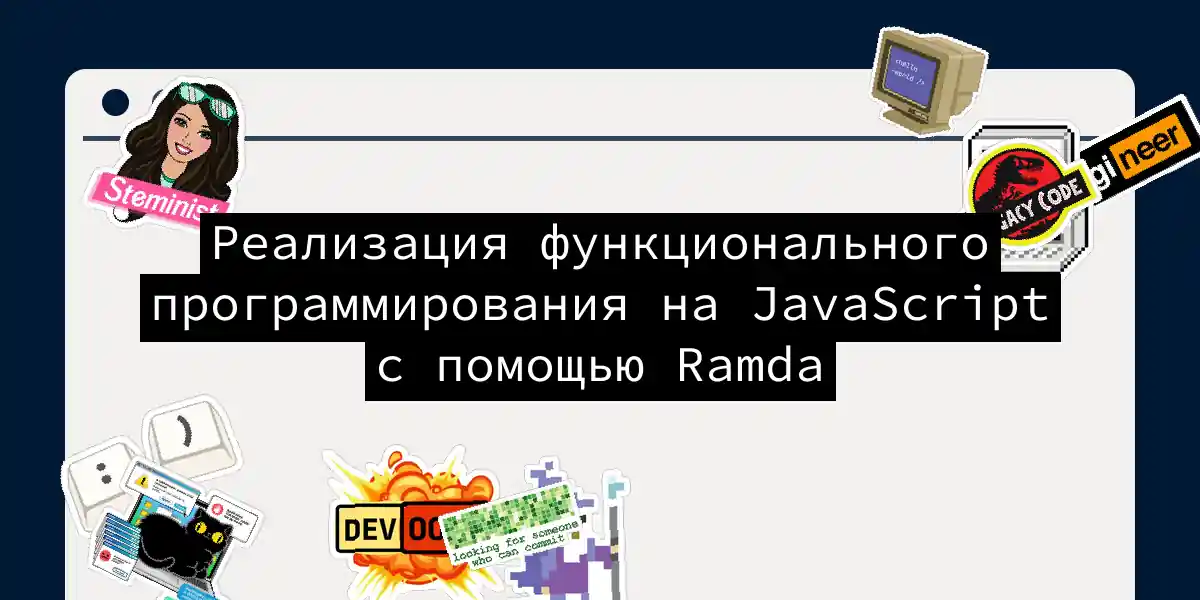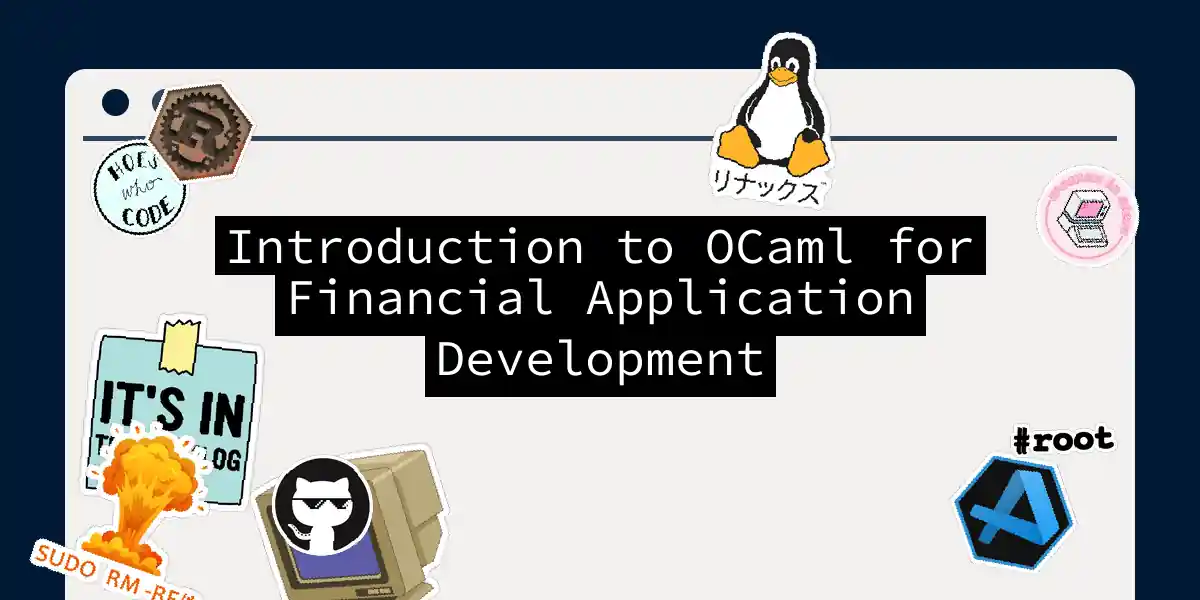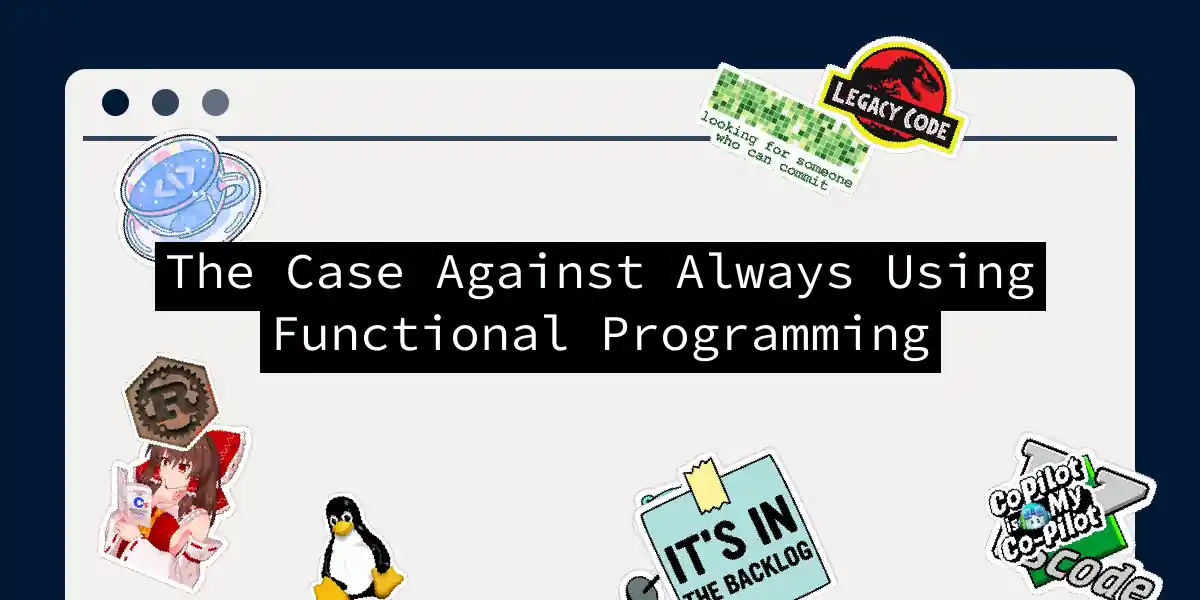
Реализация функционального программирования на JavaScript с помощью Ramda
Введение в функциональное программирование Функциональное программирование — это парадигма, которая рассматривает вычисления как оценку математических функций и избегает изменения состояния и изменяемых данных. Это декларативный стиль, который фокусируется на том, «что нужно решить», а не на том, «как это решить», используя выражения вместо операторов. Такой подход делает код более предсказуемым, упрощает его анализ и уменьшает количество ошибок. В JavaScript библиотеки, такие как Ramda, облегчают функциональное программирование, предоставляя набор функций, которые соответствуют этим принципам....



